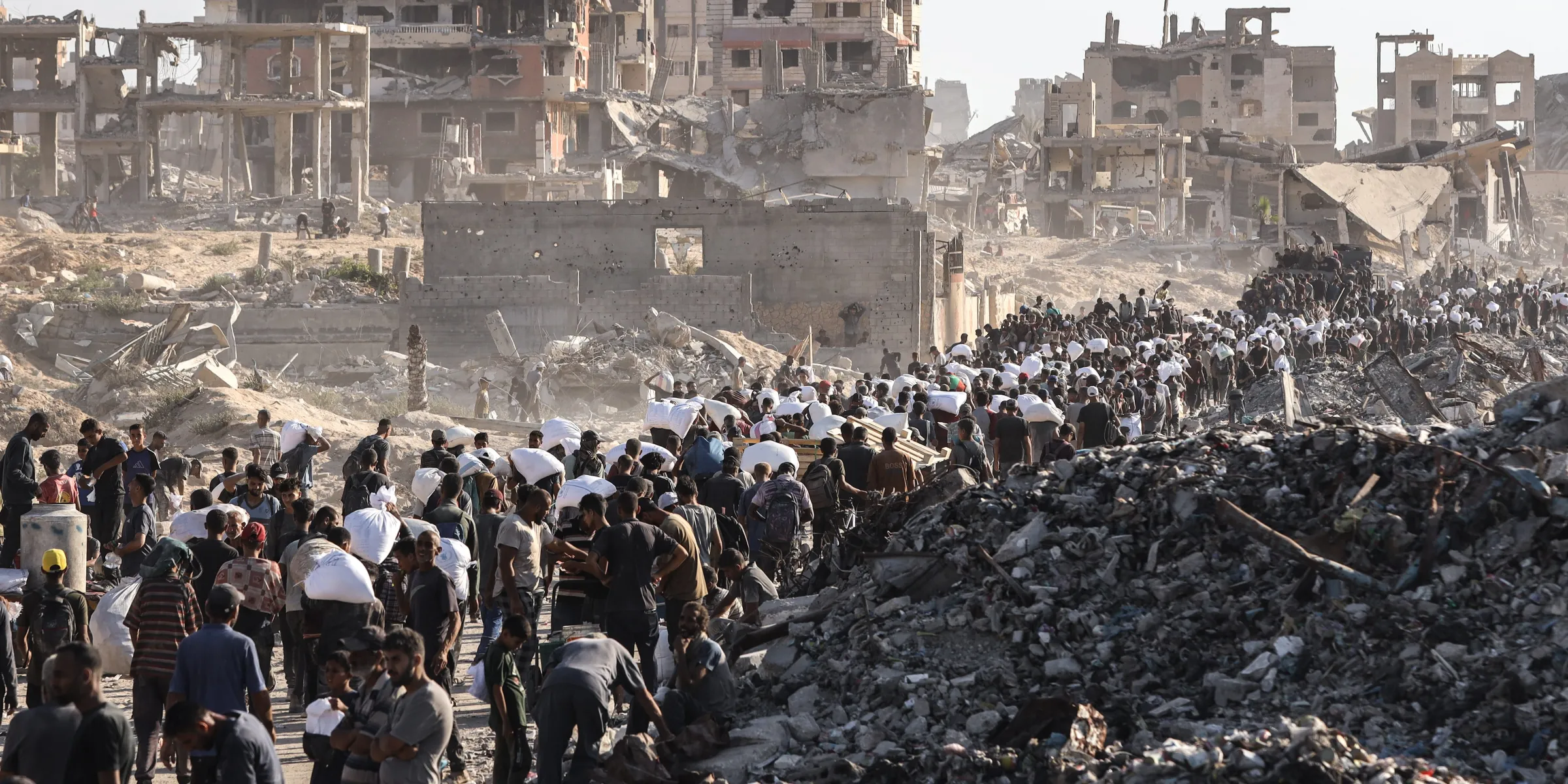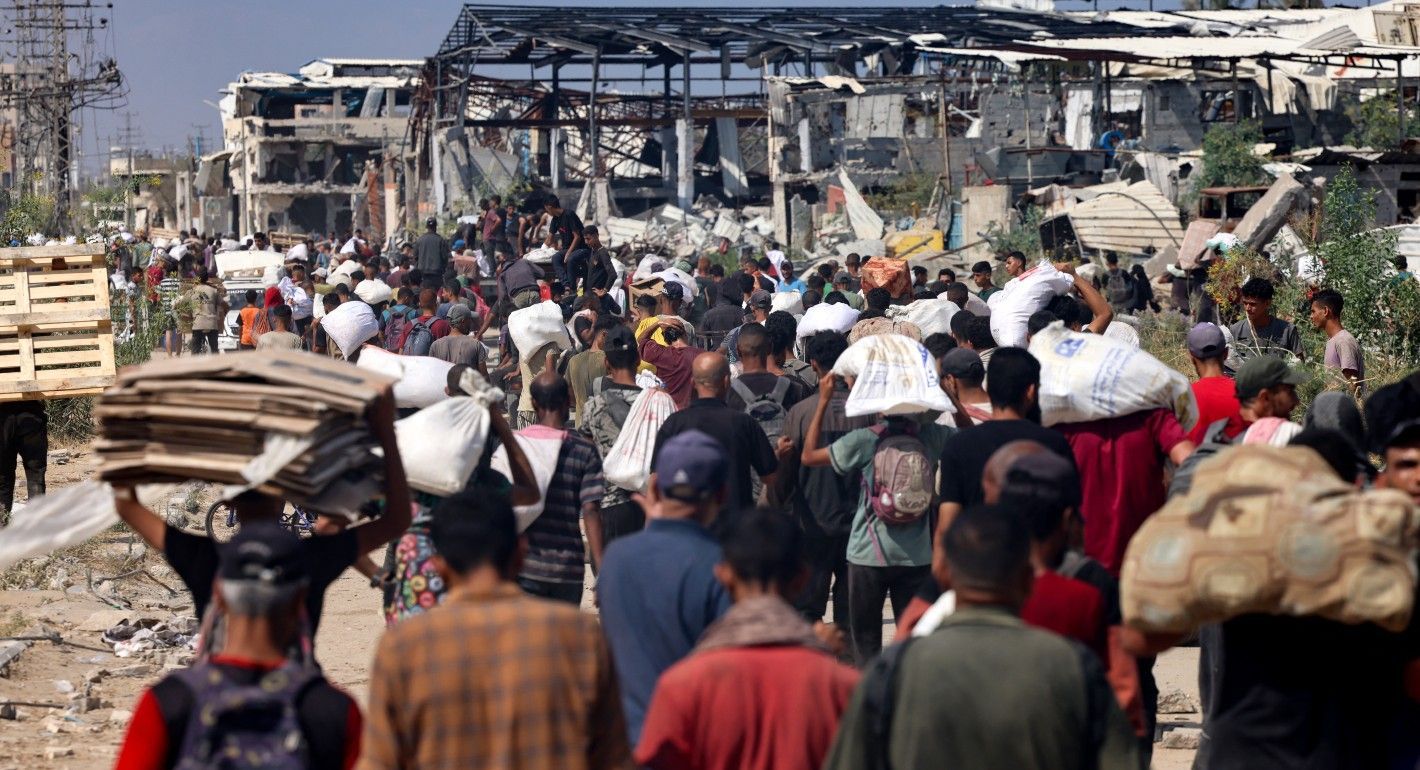After 22 months of Israel’s war on Palestinians in Gaza, something changed in the last week.
Israeli human rights groups and scholars for the first time called the bombardment and siege of the Palestinian territory a genocide. The governments of France, the United Kingdom, and Canada have all signaled they are prepared to join the vast majority of the world’s nations in recognizing Palestinian statehood. A majority of Senate Democrats voted last week in favor of blocking the U.S. from selling weapons to Israel, an historic first. Even the right-wing lawmaker Rep. Marjorie Taylor Greene, R-Ga., now calls Israel’s actions a genocide, the first Republican lawmaker to do so.
A recent Gallup poll showed that just 32 percent of Americans approve of Israel’s military action in Gaza: a new low. The majority of Americans — 60 percent — disapprove of the offensive, and, for the first time, a majority said they disapprove of Israeli Prime Minister Benjamin Netanyahu. Such shifting attitudes were most prominent among younger Americans.
These recent swings have yet to materialize into policies that exert actual pressure on Israel and save Palestinian lives. Israel’s bombing campaign in Gaza continues unabated, with the death toll topping 60,000 last week — though the number is likely 40 percent higher, according to a Lancet study. A slight loosening of Israel’s aid blockade has done little to ease famine conditions. At least 175 people — 92 children and 82 adults — have died of hunger in Gaza in recent weeks; killings continue near the few available aid sites; and airdrops have been criticized as ineffective, expensive, and dangerous, resulting in the death of one Palestinian on the ground and injuries for at least a dozen others.
Yet there is a growing belief among organizers and advocates that a new groundswell of outrage may translate into lasting consequences for U.S. foreign policy on Israel and Palestine.
Read the full article HERE on The Intercept





